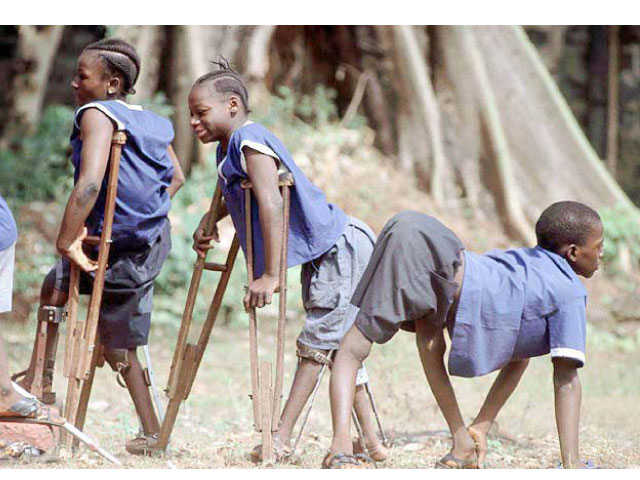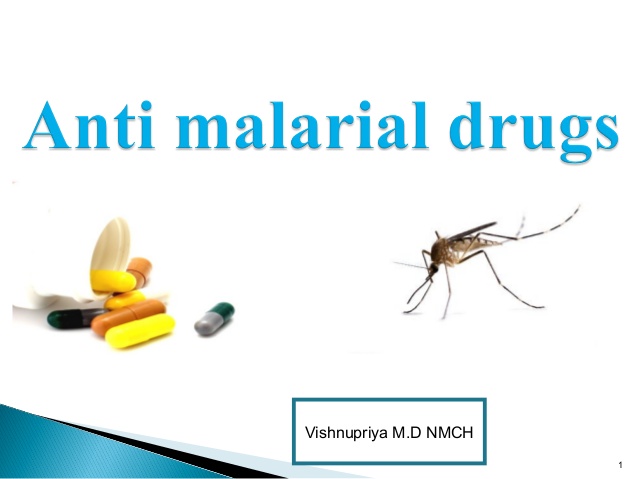Nigeria May Be Certified Polio-free By March 2020
If satisfied with the national documentation and field verification outcomes, Nigeria and the World Health Organisation (WHO), African Region, could be certified to have eradicated WPV by mid-2020.
The 37th session of Expert Review Committee (ERC) on Polio Eradication and Routine Immunisation (RI) in Nigeria ended in Abuja with a warning for the Federal Government and partners to avoid any complacency that could jeopardise the country’s removal from the list of polio-endemic countries and certification of WPV interruption for the African region.
The Coordinator, Polio Eradication Programme at WHO, Africa Regional Office, Dr. Pascal Mkanda, who disclosed this while making a presentation on behalf of ERC members, said “if Nigeria gets it right, Africa could be certified polio-free soon.”
He noted that the ERC acknowledged the work done by the programme, especially by the front liners who continually work in a very challenging situation, but cautioned that more needed to be done to stop transmission of all types of polioviruses.
Nigeria, Central African Republic (CAR), South Sudan and Cameroon are the remaining countries in Africa that are yet to have documentation accepted for Polio Certification.
Mkanda explained that the ERC met periodically to evaluate the progress made in ensuring a polio-free Nigeria, adding that the monitoring body also provided guidance to the Federal Government and development partners on best practices in routine immunisation in the country.
He said, “The 37th ERC members, who converged to deliberate on key decisions concerning polio eradication and routine immunisation strengthening in Nigeria, identified critical gaps that should be bridged to maintain the present status towards polio certification and residual challenges likely to threaten achievement.
While the ERC concurred with the country’s programme that the transmission of WPV 1 was unlikely, experts called on government to galvanise partnerships to reach children in inaccessible areas, having identified that the country’s polio resurgence in August 2016 was largely due to insecurity in the North East and waning political commitment.
“Their collective agreement hinged on the firm belief that interrupting transmission of polio requires systematic processes, focused on reaching children in inaccessible areas, providing timely and adequate resources as well as strengthening RI. The ERC noted rising issues of non-compliance in some communities in Northern Nigeria, especially Sokoto State.”





